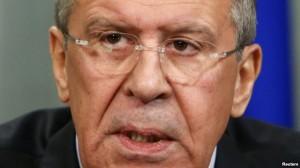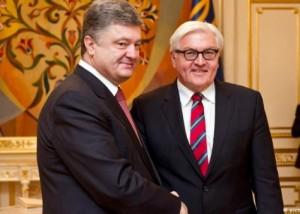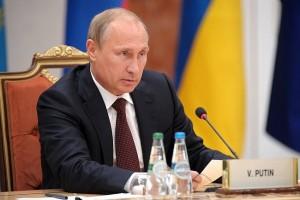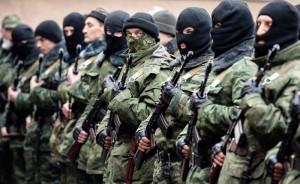Security framework eyed as way out of Ukraine crisis
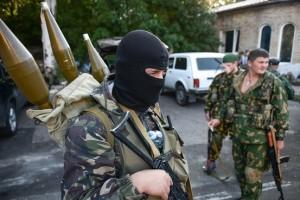
(Reuters) — Even as tension in Ukraine mounts anew, veteran diplomats are starting to think quietly about a way out of the worst East-West crisis since the end of the Cold War.
It may seem a poor time to imagine a revamped security architecture for Europe when a frail ceasefire in eastern Ukraine is violated daily, raising the stakes in another «frozen conflict» in the post-Soviet space surrounding Russia.
The United States and the European Union have imposed three waves of sanctions on Moscow over its annexation of Crimea and support for pro-Russian separatists in southeast Ukraine.
Yet despite President Vladimir Putin’s diatribes against the West, neither Russia nor Europe has an interest in a long-term confrontation that has already damaged both sides’ economies and could undermine stability across eastern Europe.
So wise heads such as former German ambassador Wolfgang Ischinger, chairman of the Munich Security Conference, and Igor Yurgens, chairman of the Institute for Contemporary Development in Moscow, who is close to Prime Minister Dmitry Medvedev, are scouring the diplomatic handbook for a possible exit.
While Ischinger calls Russia’s behavior in Ukraine unacceptable and supports sanctions, he believes a strengthened Organisation for Security and Cooperation in Europe could be a vehicle for eventually moving beyond the crisis.
In the short run, he wants an international contact group made up of Russia, the United States, the European Union and the Ukrainian government to oversee implementation of the ceasefire accords signed in Minsk in September between Ukraine and the pro-Russian rebels.
In the longer term, he says Serbia, the incoming chairman in office of the OSCE for 2015, and Germany, declared candidate to chair the 57-state organization in 2016, should work to develop a new charter on European security.
«The objective should be to strengthen both rules and institutions, including the OSCE, and to review such projects as the 2008 Medvedev security treaty proposal,» Ischinger said.
Under Medvedev’s plan, outlined weeks before a brief war between Russia and Georgia, no nation or alliance operating in the Euro-Atlantic region would be entitled to strengthen its own security at the cost of other nations or organisations.
Yurgens, who has criticised Putin’s policy in Ukraine, said the Medvedev initiative deserved a more constructive response than it had received.
The West brushed off the proposal at the time because it seemed a blatant attempt to give Russia a veto over decisions by the U.S.-led NATO alliance, such as admitting new members or deploying U.S. missile defences in Europe.
Putin has since taken the opposite route with unilateral military action in Crimea and by establishing a Eurasian Union, including Belarus and Kazakhstan, as a Russian-centred counterweight to the European Union.
The struggle for Ukraine is precisely over Kiev’s choice to move towards the EU rather than join that Eurasian Union.
Источник: IPnews
Russia: Kiev’s move to join NATO dangerous for Europe
Russian Foreign Minister Sergei Lavrov said Ukraine’s pursuit of NATO membership posed a danger to European securityGerman sees no optimism on Ukraine after talks in
(Reuters) — Germany’s foreign minister saw «no reason for optimism» after talks on Tuesday in Moscow and Kiev on thePutin says Russia not isolated over Ukraine, blames
(Reuters) — President Vladimir Putin blamed the West for worsening relations with Russia since the Ukraine crisis andEU leaders urge Russia to do more to stabilize Ukraine
EU leaders will urge Russia at a summit this week to do more to stabilize Ukraine, according to a draft statement butНет комментариев.
Информация
Посетители, находящиеся в группе Гости, не могут оставлять комментарии к данной публикации.
